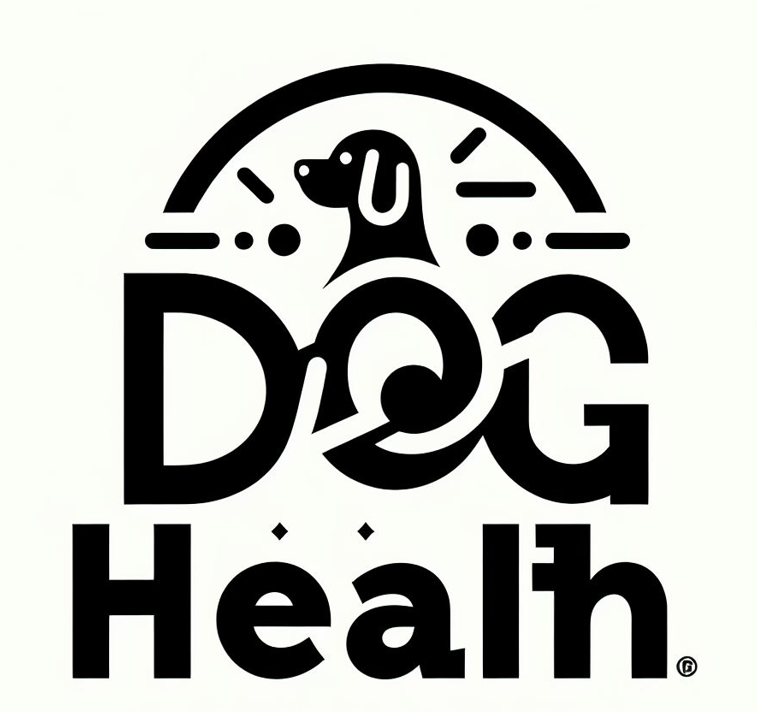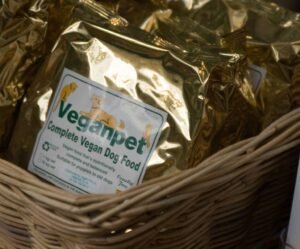Does your pets skin and coat look shiny and healthy, if not this could suggest the need for more fatty acids to be in your dogs diet.
A dogs diet affects all aspects of his body including the skin and coat. If your dogs diet contains adequate amounts of fatty acids, his coat and skin should appear healthy. Fatty acids in your dogs diet will prevent problems with dry skin and dandruff, for example. A dull coat may suggest a need for supplements of fatty acids in your dogs diet.

Studies suggest that essential fatty acids, called EFAs, contribute to healthy skin and coat, as well as general health. Omega 3 and omega 6 fatty acids, for instance, can play a crucial role in your dogs general well being.
Do not assume that adding fatty acid supplements to your dogs diet is invariably a good idea. If your dogs coat is in great condition, adding more EFAs will not automatically improve health. The fatty acid supplements, such as omega 3 and 6, are only for dogs with diagnosed skin troubles. Always confer your veterinary surgeon before adding a supplement to your dogs diet. Your veterinarian will be happy to talk over with you the advisable form of EFAs and the proper dose to add to your dogs diet.
Fatty acids are not produced by your dogs body. For this reason, you must provide EFAs to your pet through your dogs diet. If your veterinarian advocates extra supplements of fatty acids, you may want to ask about linseed or sunflower oil.
Inside a short period, such as four weeks, you should see a marked improvement in your dogs coat and skin. Watch the miracle of fatty acids work in your dogs diet. When seven weeks have gone, you should see a dramatic change for the better in your pets health.
High levels of omega 3 fatty acids are reckoned to ward off some forms of cancer. Cardiovascular health and joint health will improve, as well, with higher levels of omega 3 in your dogs diet.
Omega 6 fatty acids is present in ready-made dog food at effective levels. Supplementing omega 3 will help to improve the ratio and make a difference in your pets health. Fish and flax seed are very great sources of omega 3 fatty acids. But always be cautious and ask your vet before you do any form of supplementation. As Well take note that some varieties of fish may not be safe to be part of your dogs diet.

Supplementing your dogs diet may not be needed. The only way to make up one’s mind if your dogs diet does want extra fatty acids is to visit your veterinary, so you can both speak about your pets health. Never make up one’s mind to medicate your dog without first seeking the advice of a professional. This is because your dogs diet wants to contain the right proportion of nutrients. Good sources of EFAs are flaxseed, linseed, and sunflower oil. Your dogs diet is the first step in giving your pet overall health and a happy life with your pet for years to come.
Dog Care Journal is a participant in the Amazon Services LLC Associates Program, an affiliate advertising program designed to provide a way for websites to earn advertising revenues by advertising and linking to Amazon.com







